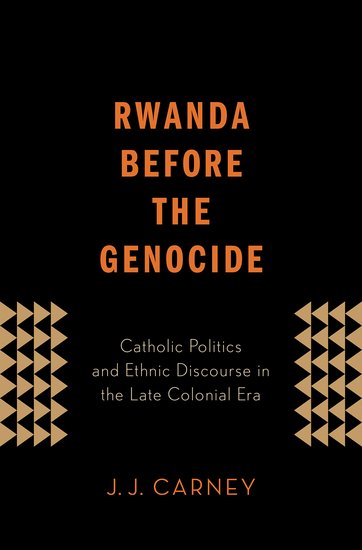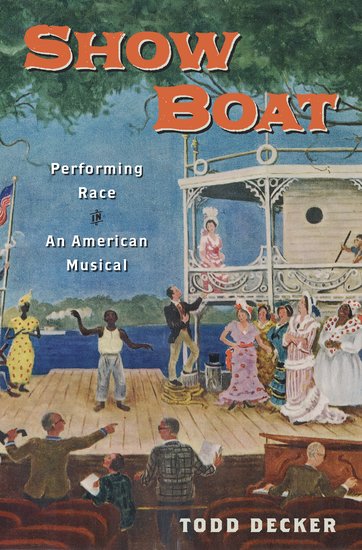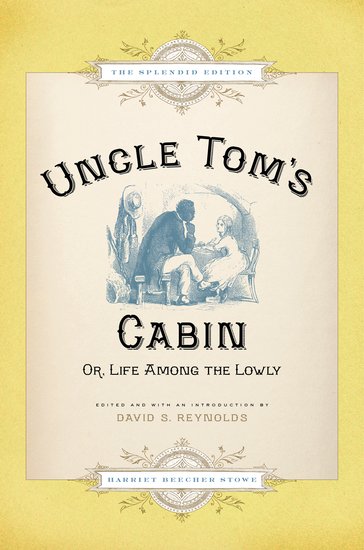Tourism and the 2010 World Cup
By Thomas Peeters, Victor Matheson, and Stefan Szymanski
The World Cup, the Olympics and other mega sporting events give cities and countries the opportunity to be in the world’s spotlight for several weeks, and the competition among them to host these events can be as fierce as the competition among the athletes themselves. Bids that had traditionally gone to wealthier countries have recently become a prize to be won by prospective hosts in the developing world.













